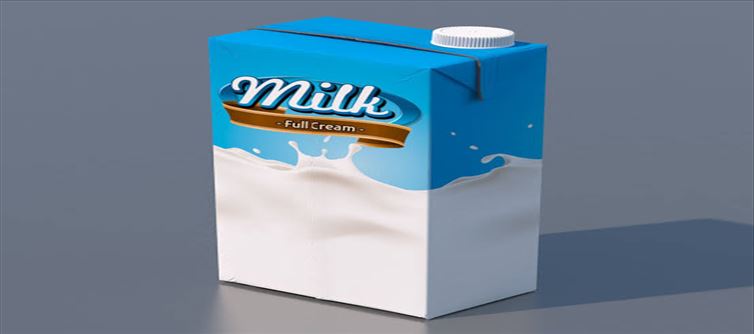
Packaged milk, which is a staple in many families, can sometimes have imperfections that affect its quality and safety. These defects can arise from various sources such as manufacturing, processing, storage and transport. A common problem is spoilage, which can result from improper pasteurization or improper container sealing. This leads to bacterial growth, clotting and an unpleasant odor, making the milk undrinkable.
During processing or packaging, foreign substances such as dirt, impurities or chemicals can accidentally get into the milk and affect its purity. These contaminants pose a health risk and alter the taste and texture of the milk. In addition, packaging defects such as leaks or cracks can expose the milk to air and external contaminants, speeding up spoilage.
Labeling inaccuracies can also be problematic. Incorrect use-by dates or nutritional information can mislead consumers and influence their consumption decisions.In addition, texture variations such. E.g. uneven fat distribution or uneven homogenization affect milk quality and consumer satisfaction.
Addressing these issues requires strict quality control measures throughout the manufacturing and distribution process. Appropriate staff training, strict hygiene protocols, and advanced packaging technologies can help mitigate deficiencies. Regular equipment maintenance, monitoring of storage conditions and accurate labeling are essential steps to ensure packaged milk reaches the consumer in optimal condition.




 click and follow Indiaherald WhatsApp channel
click and follow Indiaherald WhatsApp channel